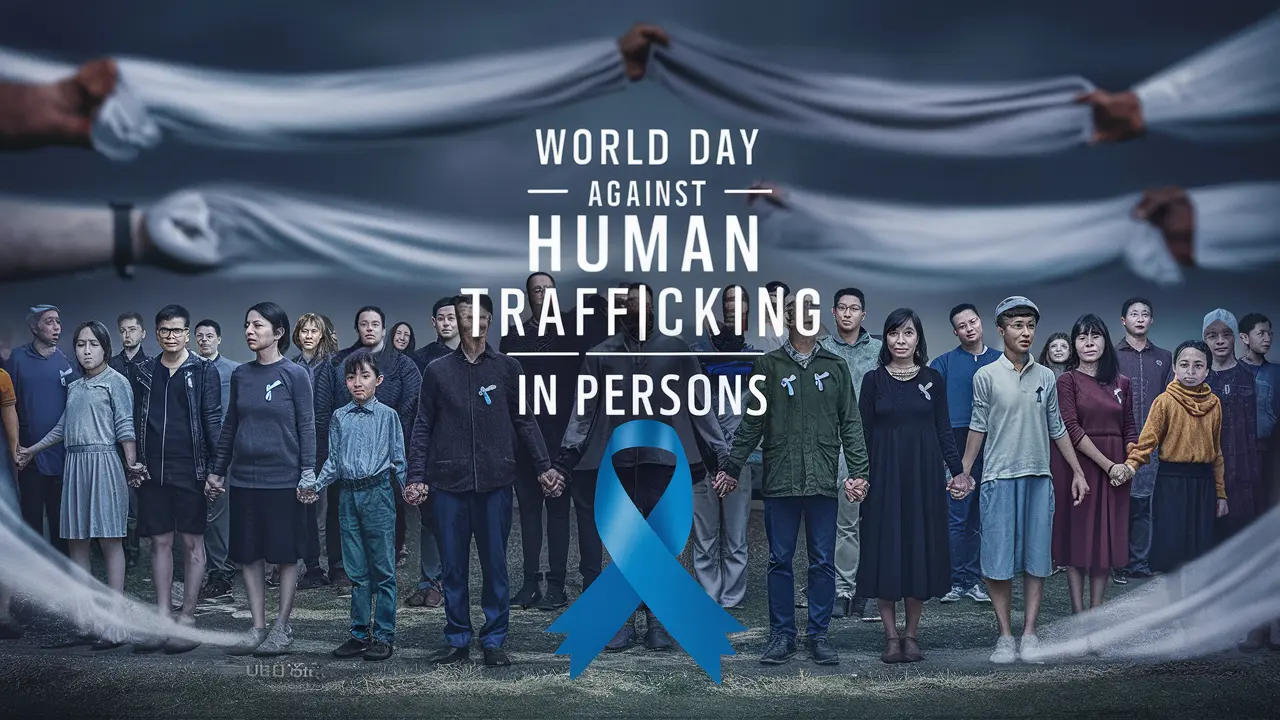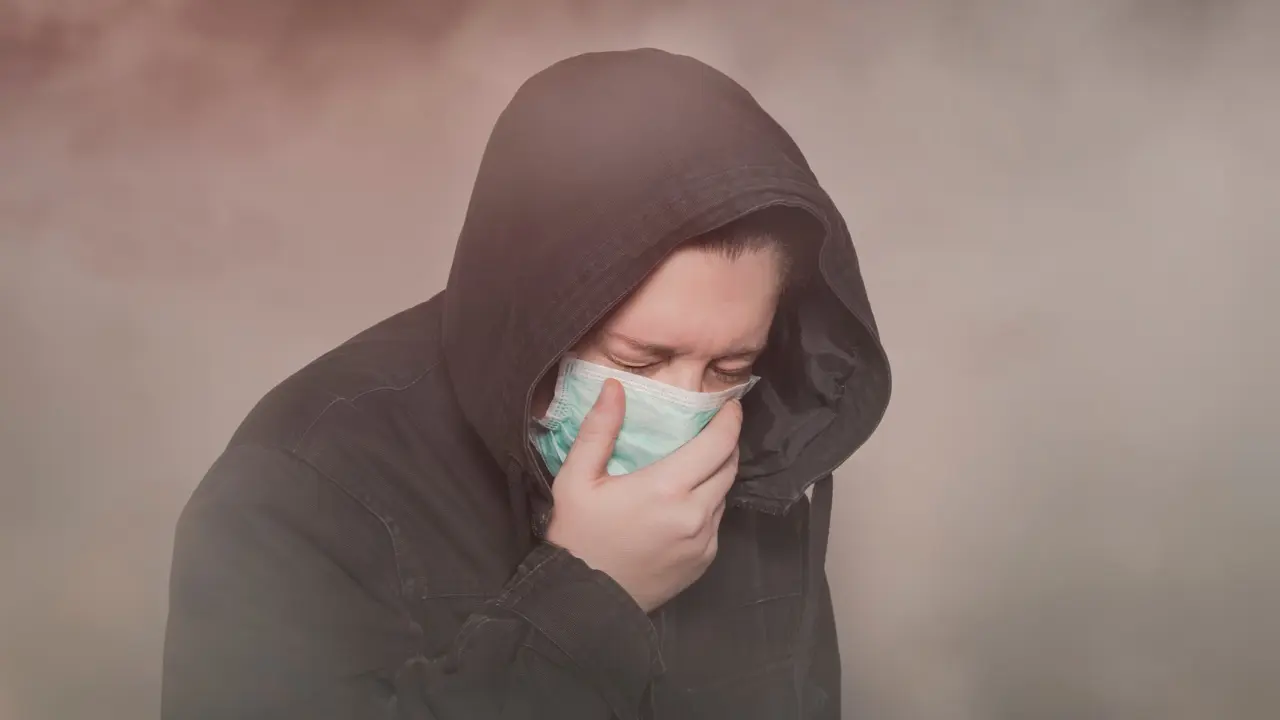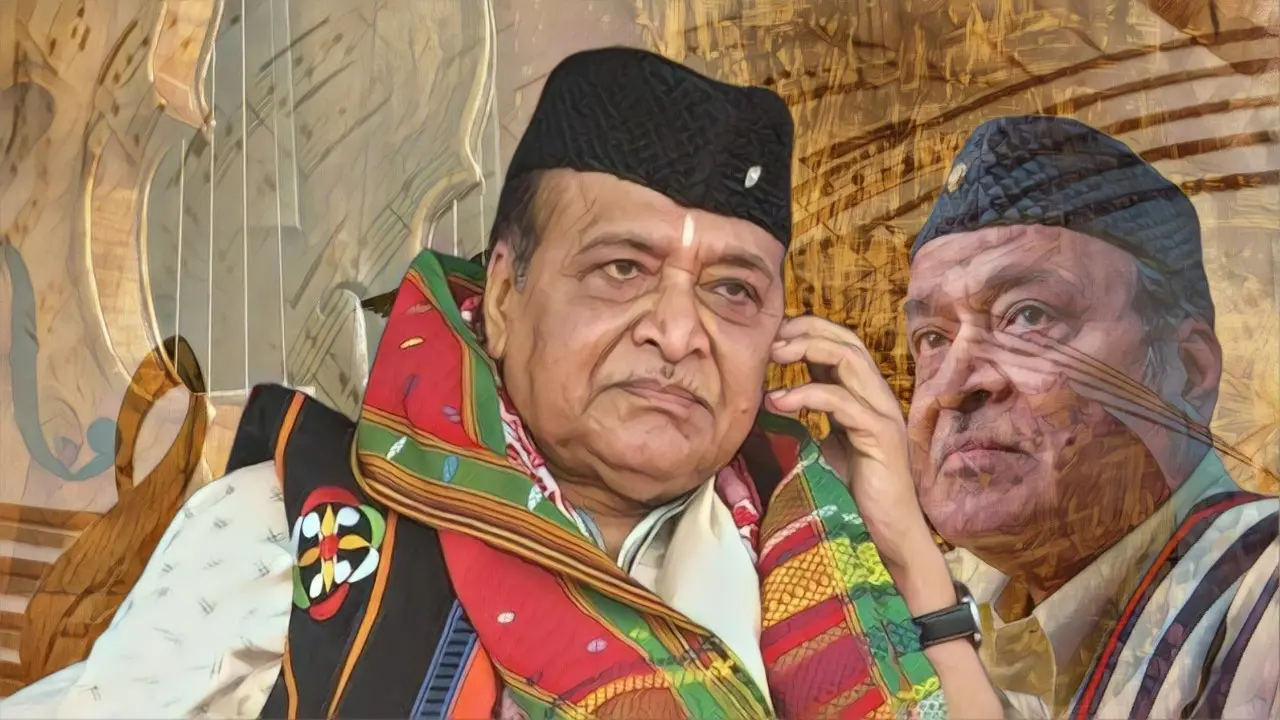World Day Against Human Trafficking: A Call to Action

World Day Against Human Trafficking: A Call for Global Action
On July 30, the world observes the Day Against Human Trafficking, a poignant reminder of the global crisis that affects millions. This annual event, established by the United Nations, underscores the urgency of combating human trafficking, a crime that exploits individuals through force, fraud, or coercion.
Human trafficking is a grave violation of human rights and a severe form of modern-day slavery. According to the latest estimates by the International Labour Organization (ILO), over 40 million people are trafficked globally, with women and children disproportionately affected. This crime not only undermines personal freedom but also devastates entire communities.
Efforts to combat human trafficking face numerous challenges. One significant issue is the lack of awareness and understanding about the true nature of trafficking. Many victims are invisible, hidden in plain sight, making it difficult for authorities and organizations to identify and assist them.
Another challenge is the complexity of trafficking networks. These criminal enterprises often operate across borders, involving various methods to evade detection. This complexity requires a coordinated response from governments, law enforcement agencies, and non-governmental organizations (NGOs) to dismantle trafficking rings and provide support to survivors.
In response to these challenges, international organizations have intensified their efforts. The United Nations Office on Drugs and Crime (UNODC) plays a crucial role in coordinating global efforts against trafficking. Their initiatives include supporting member states in implementing effective anti-trafficking laws, enhancing victim support services, and fostering international cooperation.
Moreover, the Global Report on Trafficking in Persons, released every two years by the UNODC, provides valuable insights into trafficking trends and helps shape strategies for combating this crime.
Education and advocacy are critical in the fight against human trafficking. Awareness campaigns aim to educate the public about the signs of trafficking and how to report suspected cases. Schools, community organizations, and media outlets play a vital role in spreading this information.
Advocates also work to influence policy changes and improve legal frameworks. By promoting stricter penalties for traffickers and better protections for victims, they strive to create an environment where trafficking cannot thrive.
Individuals can contribute to the fight against human trafficking in several ways. Staying informed about the issue, supporting organizations that work to combat trafficking, and participating in awareness campaigns are all valuable actions. Additionally, reporting suspicious activities and supporting policies that aim to eradicate trafficking can make a significant difference.
World Day Against Human Trafficking serves as a crucial reminder of the ongoing struggle against this heinous crime. It is a call to action for governments, organizations, and individuals to unite in the fight for freedom and justice. By working together, we can strive to end human trafficking and ensure that every person lives a life free from exploitation and abuse.
Also read: Assam Assembly Bye-Election Notified




